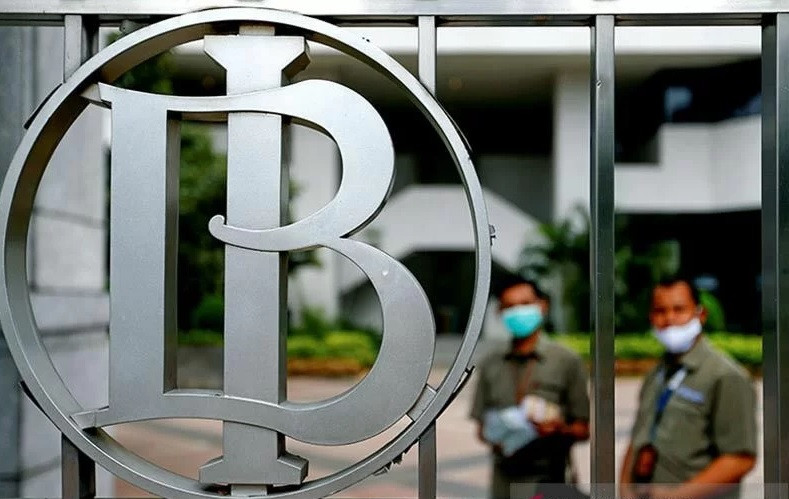Popular Reads
Top Results
Can't find what you're looking for?
View all search resultsPopular Reads
Top Results
Can't find what you're looking for?
View all search resultsFiscal-monetary synergy
The challenge ahead is that the era of low-cost funds has demonstrably ended, especially after the Fed signaled on Wednesday that it would continue to hike rates.
Change text size
Gift Premium Articles
to Anyone
T
he 50-basis-point interest rate hike announced by Bank Indonesia (BI) on Thursday, which brings the policy rate to 4.25 percent, is a rational measure to fight inflation, defend the rupiah and curb capital outflows from rupiah-denominated assets after the United States Federal Reserve fired off another 75-basis-point rate hike, its third in a row, to a range of 3-3.25 percent, on Wednesday.
This monetary tightening will raise borrowing costs but will not be so disruptive as to cause a sudden shock to domestic demand, which has been the main driver of post-pandemic economic growth, given the huge amount of fiscal support already provided by the government to cushion the inflationary impact of the recent energy price rise.
BI’s policy rate increase is necessary to keep inflation expectations anchored amid global economic uncertainty. Indeed, as the pressures are now both external and domestic, fiscal and monetary policies – and their interactions – are factors that markets are watching to divine the future of Indonesia’s domestic-demand-led economy.
As a net exporter of commodities, the country is in a stronger position to avoid recession than net importers. It has maintained positive terms of trade that provide liquidity to fund domestic consumption and fiscal resources for policymakers to cushion the growth cycle. Indonesia’s improving current account balance also provides banks with more room to lend.
In fact, BI was able to hold its rate stable until last month to maintain the pace of the post-pandemic recovery, despite drastic monetary tightening around the world, mainly because of fiscal stimulus support. The enormous fiscal measures have thus far been effective at controlling inflation.
However, the challenge ahead is that the era of low-cost funds has demonstrably ended, especially after the Fed signaled on Wednesday that it would continue to hike its rate from the prevailing range of 3-3.25 percent to a “terminal rate” of 4.6 percent in 2023 to bring inflation down to 2 percent.
Another risk to the economy is that we can no longer expect windfall profits from commodities markets, as the boom appears set to end amid escalating concerns over economic recession and even stagflation in some advanced economies.
This means the fiscal authority will no longer be able to provide a strong buffer against the inflationary impact of volatile food and energy prices, especially because the government must restore the fiscal deficit to the legal ceiling of 3 percent of gross domestic product by 2023.
As core inflation has exceeded BI’s inflation target range of 2-4 percent since June and headline inflation is expected to surpass 6 percent year-on-year by the end of the year, most analysts predict BI will continue to increase its policy rate to 4.5 percent by the end of the year and eventually to 5 percent in 2023.
Importantly, BI has firmly signaled it will continue to tie its policy rate to the core inflation outlook, meaning its policy would not significantly be influenced by volatile food and energy prices.











